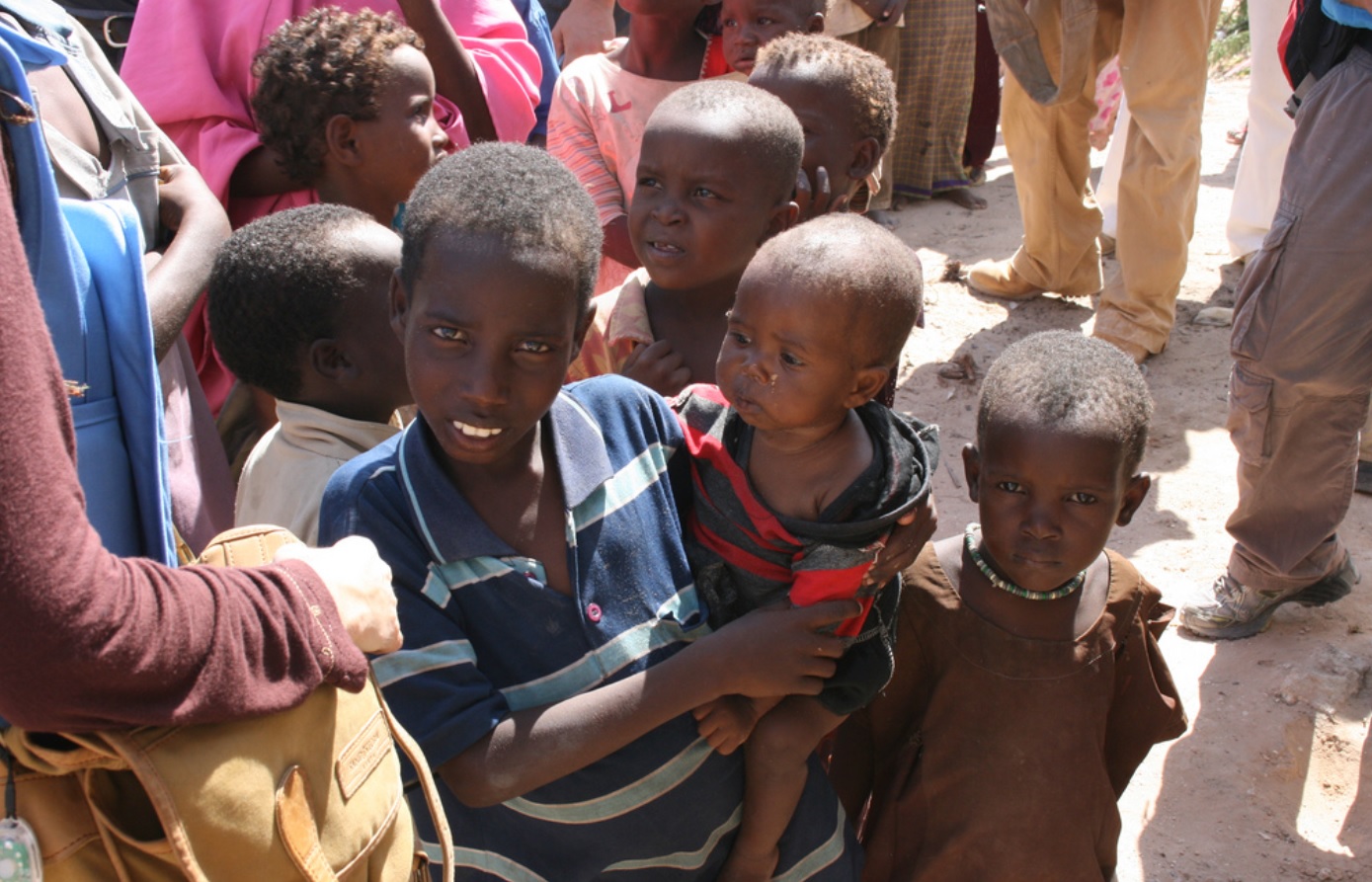Somalia Government, UNICEF launches National Micronutrient Survey
“For the next four months, we will be collecting critical health, nutrition and behavioural data related to micronutrient at the household level that will help us better understand the health and nutritional status of children and women in Somalia,” said Dr Fawziya Abikar, Minister of Health.

- Country:
- Somalia
The Ministry of Health and Human Services of the Federal Government of Somalia today launches the Somali National Micronutrient Survey together with UNICEF and partners. The Survey is the first major nutrition survey the country is conducting since 2009.
“For the next four months, we will be collecting critical health, nutrition and behavioural data related to micronutrient at the household level that will help us better understand the health and nutritional status of children and women in Somalia,” said Dr Fawziya Abikar, Minister of Health. “The process may be complex, but the results will be worthwhile: they will provide us with vital information about the health challenges we face, and help us come up with more relevant, cost-effective strategies to build a healthier, well-nourished population today, and a prosperous nation tomorrow.”
Micronutrients, such as iodine, vitamin A and iron, are essential building blocks of good health. Their deficiency represents a major threat to the health and development of populations, particularly children and pregnant women, and has critical long-term effects including not reaching full cognitive, social, economic and physical potentials. Research has shown that micronutrient deficiency decreases learning capacity and work productivity, and may severely lower income for the individual, family and country.
“UNICEF congratulates the Ministry of Health and Human Services of the Federal Government of Somalia on leading the Survey. This represents a major step forward towards improving the health and nutritional status of the country’s children and women,” said Jesper Moller, UNICEF Somalia Acting Representative. “We feel very honoured to be part of the process. We call on all health partners to continue investing in data collection to help us accurately assess and respond to the health and nutritional needs of children. By doing so we help build a stronger and healthier workforce and economic foundation for Somalia.”
Since 2010, the Ministry of Health, UNICEF and partners have worked together on several key micronutrient initiatives, including twice-yearly vitamin A supplementation for children aged 6-59 months, multiple-micronutrient supplementation for pregnant and breastfeeding women, provision of micronutrient powders to households, and promotion of micronutrient and breastfeeding through Infant and Young Child Feeding (IYCF) programme. The survey will be critical in refining these initiatives and informing the development of an integrated response to address micronutrient deficiency in Somalia.
(With Inputs from APO)
ALSO READ
Understanding Pneumonia: A Global Health Challenge
ADB Report Highlights Key Strategies for Enhancing Food Security and Health in Lao PDR
DCDC Health Services Secures Rs 82 Crore Investment to Expand Dialysis Clinics
Unraveling the Murder Mystery of UnitedHealth Executive in Manhattan
Strengthening India Through Health Initiatives: UP's Transformative Journey










